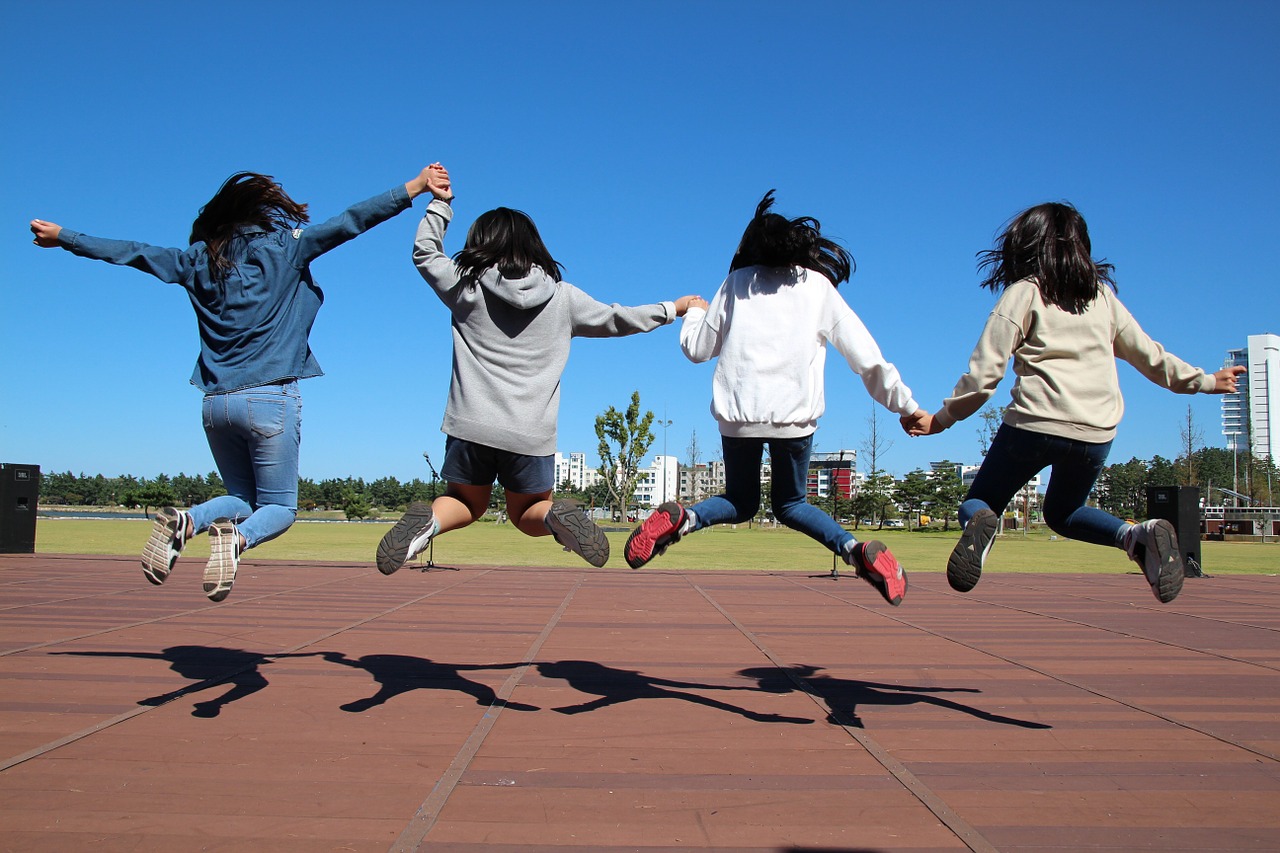Tweenagers are a breed all of their own, no longer a child, not quite a teenager, so parenting tweens is definitely a new skill you need to acquire.
All kids need discipline in their lives, and the punishment differs according to a child’s age. As they mature, certain kinds of consequences for misbehaving that they received when they were younger may not work as well at this age. For example, sending a four year old to time-out for ten minutes will usually work, however this type of reprimand may not be effective discipline for tweens.
Tweens have a hard time figuring out how they are supposed to act. While they know they are too big for kiddy-rides at the fair, they are not quite the right age or height for the adult rides either. They are at a time in their lives when they have different interest and different “toys” than when they were toddlers.

Most tweens, (which is usually an age from nine to twelve,) are involved in video games, computers and mobile phones. It is also a time when kids think they are cleverer, and that they know it all. They will try to get away with things and believe they have outsmarted their parents. When this happens, it is important to hold them accountable for their wrongdoings.
Right from the start, parents should make the guidelines and rules perfectly clear, as well as the consequences when they overstep their boundaries. Grounding is an effective form of discipline at this age.
Not allowing them time for socialising usually hurts. When they are in this age group, they begin to hang out more with their peers, and using this form of discipline will definitely give them time to think.
Tweens often use their mobile phones excessively. Taking away mobile phone privileges is also a punishment that will perhaps make them think twice before breaking the rules again. This could include calling out, receiving calls and text messaging.

Restricting the use of the computer, except for the use of schoolwork, is another way to help kids learn that they must abide by the rules. Many use the computer for chatting with their friends, or for computer games, and restricting them from enjoying this time will prove a point.
Taking away video games will also suffice when trying to help tween’s realise the error of their ways. Many spend a lot of time playing these games with friends, or more often than not, by themselves.
Giving tweens extra chores, errands or yard work will perhaps teach them to abide by the guidelines, and when they have this extra work to do for a week or two, they will get the point!
Once they realise they must suffer the consequences and pay the price for their behaviour, they will often make better choices and decisions before committing the same offence twice. While dishing out tough love is often hard, it is necessary, but always let them know that you love them and are trying to help them to become better, more responsible adults. When they are grown, they will thank you for these lessons.

